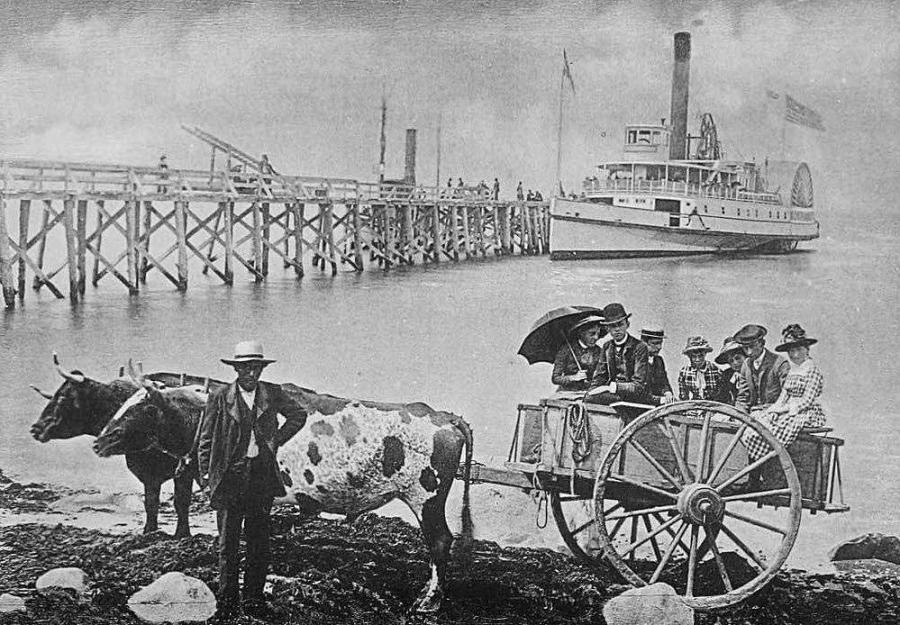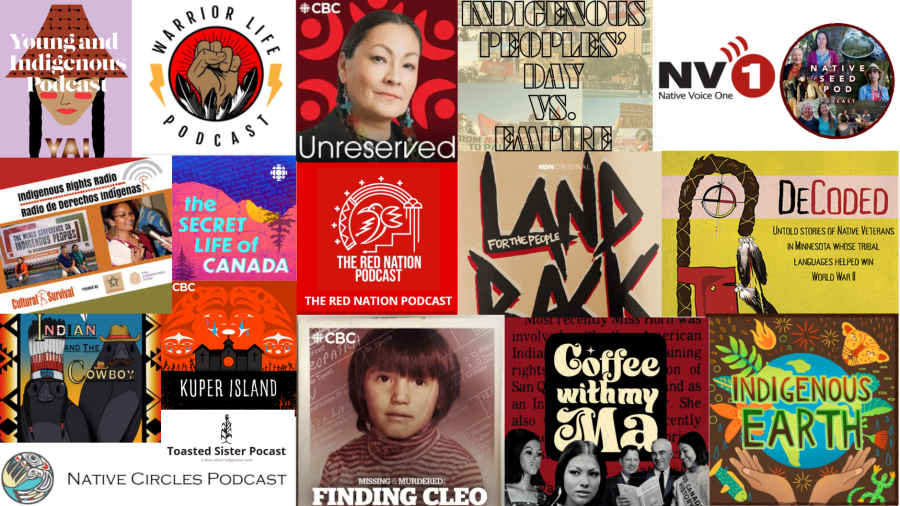A rare and endangered breed of sheep, the Navajo-Churro produces one of the finest fleeces for weaving in the world. Churro wool is long and glossy with a broad spectrum of colors ranging from pure white to a deep black. The fleece is particularly suited for weaving because of its ability to accept dyes purely and evenly. Internationally, the worth of Churro wool can be upward of $7 per pound compared to the regional market rate of four to six cents per pound.
Since September 2000, Black Mesa Weavers for Life and Land, a Cultural Survival Special Project, has worked to empower the local Diné populations through the sustainable expansion of their traditional economies.
A continuing success, the second wool buy for Diné herders was held outside the Hardrock Chapter House on June 20 and 21. The co-op at Hardrock was able to purchase some 3,500 pounds of Churro wool at the fair price of $1.60 per pound. Fifty families attended the affair—about 15 families and 1,100 pounds of wool more than last year. The crew at Black Mesa Weavers were also joined by a mohair buyer from Chicago, Edward Varndell, who left the event with $1,600 worth of mohair, which he purchased at fair and above-market prices from Black Mesa Diné. Varndell donated an additional 10 percent above his purchase to the co-op to help continue the wool buy tradition.
Currently, the co-op has an order for 500 pounds of wool from a Canadian buyer, as well as other orders from handspinners and weavers throughout the United States. Last year, a New Mexico nonprofit, Wool Traditions, bought around 1,700 pounds of wool produced by the co-op and may seek to purchase more.
Black Mesa Weavers is looking forward to seeing its Churro fleece used in a Diné College educational program that enables old weaving traditions to be passed on to younger Diné. Black Mesa Weavers coordinator Carol Snyder Halberstadt said that in addition to the annual wool buy the group is busy year-round.
The work has paid off. Black Mesa Weavers recently received a $15,000 Western Sustainable Agriculture Research and Education grant for marketing the handspun yarn-processing enterprise that was launched at Hardrock this summer. The co-op at Hardrock has set an example to other chapters across the Diné land that are looking to start similar enterprises. In August, the Jessie Smith Noyes Foundation awarded the co-op a $25,000 grant as general support to develop the wool-processing enterprise through fair trade initiatives.
Another recent donation of 12 computers by the Massachusetts Institute of Technology, thanks to the special efforts of Black Mesa Weavers interns Anna Bershteyn and Kaia Dekker, has enabled the creation of a computer lab at the Hardrock Chapter to serve the entire region. The MIT students gave computer classes to children, chapter staff, community workers, and adults of all ages. The project also continues to work closely with Tó Nízhoní Aní, a Diné grassroots organization, to build a Web site to support the protection of the N-Aquifer—the region’s only source of drinking water—from pumping by the Peabody Coal Company for coal transport via a slurry line. On July 25, the Navajo Nation Council voted to order Peabody to stop pumping by December 31, 2005.
The success of Black Mesa Weavers is made possible in part by generous donations from members of Cultural Survival. For more information on this project, or to learn how to contribute to its continuing efforts, contact Carol Snyder Halberstadt at P.O. Box 543, Newton, MA 02456; e-mail carol@migrations.com; or see www.migrations.com.
Alissa Dill is a student at Northeastern University and a Cultural Survival intern.



